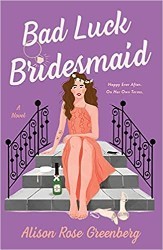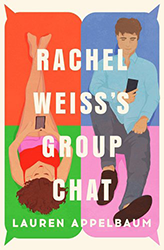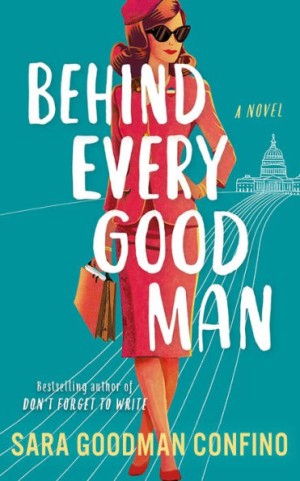Love, Coffee, and Revolution, the debut novel of TV showrunner and writer Stefanie Leder, is a wonderful blend of genres — part romance, part adventure, and part coming-of-age — that begins with an exciting premise: disillusioned with the activism she sees at Cal-Berkeley, Dee Blum drops out of college and takes a job in Costa Rica putting together “Truth Trips” — vacations for socially-conscious tourists to visit cooperative coffee farms with the purpose of ultimately drumming up money for a renowned non-profit’s mission — only to discover that the cooperatives are not as ethical as they seem. This premise is made fuller and more consequential when she meets two men, one who is doubtful of Dee’s political values and one who seems all-in, each vying for her heart as she pursues her own truth.
Leder does a great job at setting up an emotionally challenging love triangle. In our current polarized political environment, it’s rare to see characters of different political beliefs get close with each other, without minimizing the importance of those beliefs. Yet, Leder is able to draw up a dynamic with both a conservative man and a liberal man in such a way that Dee’s affection for each of them is equally convincing. This plotting puts importance on Dee finding the right person, rather than just the person with the “right” political beliefs, which is encouraging to read. Likewise, Dee’s Jewishness, which is often juxtaposed against the Christian background of the book’s other characters, doesn’t act as a barrier between them, but as something to be integrated into their relationships. Dee’s Jewishness also serves as a frequent source of humor; her unfamiliarity with Christianity, particularly when it comes to her interactions with her devout Catholic hosts in Costa Rica, creates delightful moments of embarrassment and miscommunication.
More than anything, though, Love, Coffee, and Revolution best succeeds in its propulsive action. Events take place at breakneck speed, leaving the book heavily plotted and, although markedly different in tone, reading almost like a thriller. Within the first few dozen pages, Dee has already left California, secured a job in Costa Rica, and met a handsome Costa Rican man, Adrián, who will join her for the rest of the book.
The pace of the novel’s plotting, though, comes with a few disadvantages. Because of how quickly Dee meets characters, relationships are formed unrealistically quickly. For example, at one point, Dee meets a woman working in the field of a corrupt coffee farm, and the woman begins sharing her life story and her dissatisfaction with the working conditions with Dee almost immediately. This is beneficial to the plot, but it reads as false.
Similarly, ethical questions about sustainability practices and examinations of Dee’s personal growth are given attention, but in a mildly abbreviated way, so that these subjects don’t feel explored to their fullest. And, in this abbreviated manner, multiple passages end with moments of self-reflection that can come off as flat:
I turned off my phone and smiled. I didn’t know why, but Matiás believed in me. Maybe one day I’d be able to believe in myself?
These moments, though, do serve to keep the story’s momentum moving forward, and they keep the novel’s primary themes of finding integrity and confronting disillusionment front-and-center for the reader.
In Love, Coffee, and Revolution, Leder shows herself to be a skilled storyteller, with the ability to handle challenging subjects with care and levity; and Dee Blum herself is a pleasure to spend 300 pages with.
Benjamin Selesnick is a psychotherapist in New Jersey. His writing has appeared in Barely South Review, Lunch Ticket, Tel Aviv Review of Books, and other publications. He holds an MFA in fiction from Rutgers University-Newark.




